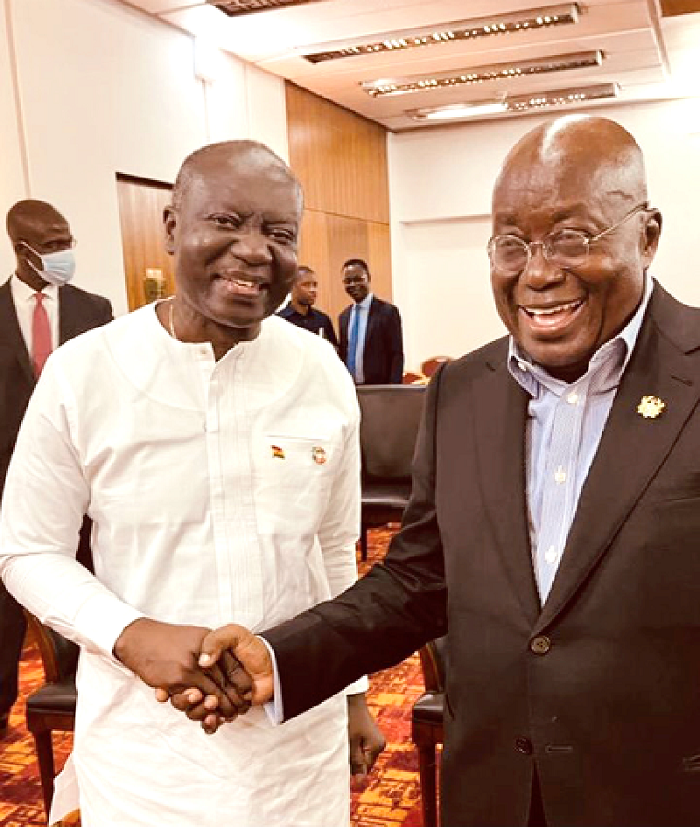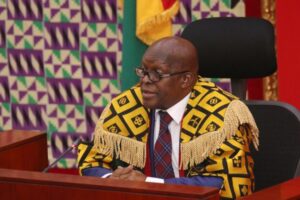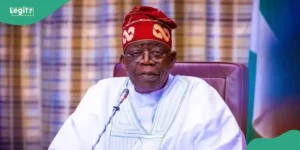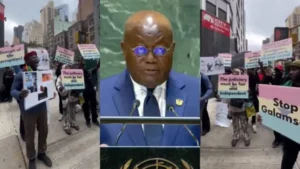
LAST Tuesday, the cloud of uncertainty surrounding the economy went up substantially when a group of Members of Parliament of the ruling New Patriotic Party (NPP) publicly asked for the resignation or dismissal of the Finance Minister, Ken Ofori-Atta.
Their action was followed by moves by the Minority in Parliament to impeach Mr Ofori-Atta over allegations of impropriety, underperformance and the litany of challenges facing the economy.
While the action of the opposition National Democratic (NDC) was not entirely surprising, given their earlier spats with the minister and the pendency of a similar process in Parliament against his colleague Minister of Health, Dr Kwaku Agyemang Manu, that of the NPP MPs is unprecedented.
As many analysts have said, it amounts to a rebellion in the government. But of critical importance is the impact on the economy.
Lack of faith
As members of the ruling administration, their call for the removal of the Finance Minister amounts to disapproval of Mr Ofori-Atta and his policies and programmes for the country.
It reveals a lack of faith in his ability and competence to steer the economy from the current turbulence into calm waters.
Indeed, one of the expectations of the MPs was that a successful exit of Mr Ofori-Atta would inject and restore confidence into the economy, leading to a reduction in the difficulties facing the citizens and businesses.
While I am disinterested in the merits and demerits of the action, the consequences of the development on the economy cannot pass without mention.
Cracks
The action and the reasoning behind it reveals deep cracks in a government whose pre-occupation should have been on mobilising the energies of Ghanaians to unite around a common goal of clawing back confidence and returning our economy to the path of stability and sustained growth.
At a time when prices are suffering daily increases, inflation has gone off the roof, the cedi is in one of its lowest points since 2007 and investor confidence in the economy has hit rock bottom, one would have thought that the pre-occupation of key actors, including members of the ruling party, would be on how to mobilise the nation to speak with one voice against the challenges.
But by calling for the removal of the Finance Minister, the MPs have sown the seeds of distraction to the fight for stability, making it worse for an already bad situation.
President’s deferment
The knock-on effect on confidence and its impact on the economy risk being worsened by the decision of President Nana Addo Dankwa Akufo-Addo to defer a position on the matter.
By deferring action on the petition to remove the Finance Minister until the negotiations with the International Monetary Fund (IMF) are concluded and the 2023 Budget presented, the President has left the markets and the business community guessing on whether or not Mr Ofori-Atta will continue in his current role.
That does little for policy credibility, planning and forecasting.
It also creates a vacuum for investors and businesses and delays the verdict and adjustments that these critical stakeholders will likely pass and make on the implications of an economy with or without Mr Ofori-Atta on their fortunes and interests.
For the IMF and other key stakeholders that he will be engaging over the economy between now and the time a firm decision will be reached on him, they are right to continously wonder whether or not the minister’s word should matter and for how long they can expect to work with him.
Instructively, no one knows when the IMF negotiations will be concluded. While the government and the IMF have given assurance of a staff-level agreement by December, it cannot amount to a deal as that agreement will be subject to the approval of the fund’s executive board after further deliberations and clarifications.
IMF negotiations
The situation even becomes trickier when one notes the fact that Mr Ofori-Atta is currently leading the country to negotiate with the IMF for a fund-assisted programme to stabilise the economy.
Given that certainty of ideas and leadership is of essence to the IMF and market watchers, one would have thought that a conclusive decision would have been reached on the matter immediately to help smoothen up the discussions and remove doubts.
Economic policies and programmes are the result of a collective decision by the government, but our history shows that personal ideologies, one’s area of specialisation and experiences play a key role in the fine details.
It cannot, therefore, be that whatever outcomes that will be reached with the IMF will be fine for implementation by the government; whether or not the implementing ministry is led by Mr Ofori-Atta.
These unnecessarily stretch the confidence thread far too thin for an economy already crying for stability.
Politically shrewd
There is no doubt that the decision to defer a firm decision on the MPs’ requests is politically shrewd.
It re-emphasises the President’s sole power and responsibility to appoint and fire people while presenting him as a listening leader.
It also calms down the tempers and allows room for wide consultations and negotiations over the grievances that gave rise to the action.
Politically, it even puts the NDC Minority’s motion for censure to a trying test of success or failure in a manner that could score political points.
For Mr Ofori-Atta, the intervening period provides him with invaluable time to build bridges and make a case for a strong comeback, if necessary, as far as meeting the expectations of his fellow party people is concerned.
But should the President decide to later heed the request of his MPs, the intervening period also allows him adequate time to undertake the needed consultation and discussions towards appointing a replacement who meets the expectations of the various stakeholders and is fully aware of the onerous responsibility placed on him or her.
On the sidelines, the person could even be co-opted into ongoing discussions and negotiations to understudy Mr Ofori-Atta and learn the rudiments prior to an announcement.
Way forward
The truth remains that the uncertainty created needs to be properly managed.
Already, investor and market distrust in our policies and programmes has been enormous, resulting in the series of downgrades, portfolio reversals, currency depreciation and the substantial price jumps that the economy has endured this year.
Anything that shakes the remaining confidence should be avoided.
Credit Graphic Online.
BY: Maxwell Akalaare Adombila






